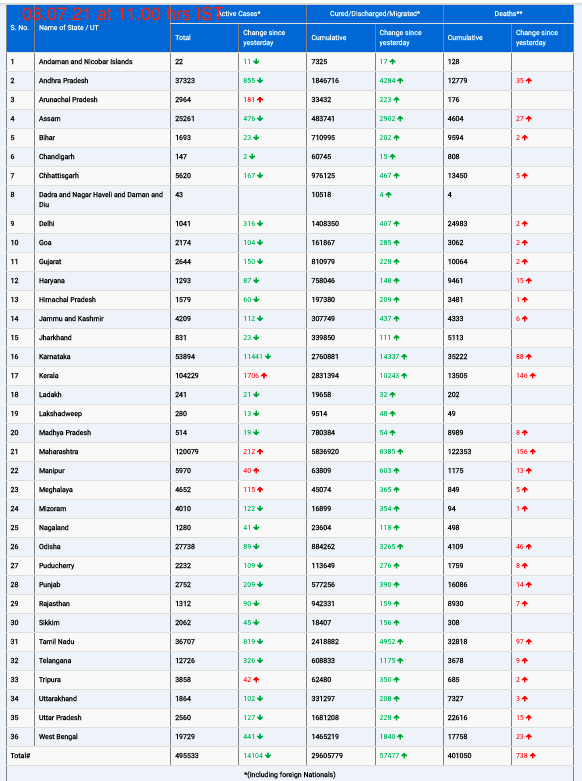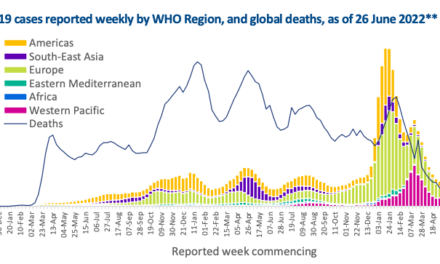A groundbreaking study published in Frontiers in Nutrition presents a new neurobiological model supporting the use of a therapeutic ketogenic diet (TKD) to treat anorexia nervosa (AN), a severe psychiatric disorder with limited treatment options. The researchers propose that TKD could target the metabolic and psychological factors underlying the condition, offering a new approach to addressing the disorder’s chronic and relapsing nature.
Understanding Anorexia Nervosa: A Complex Disorder
Anorexia nervosa is a debilitating psychiatric illness marked by extreme weight loss, food avoidance, and a distorted body image. It affects predominantly young women, with a mortality rate 12 times higher than the average for females aged 15 to 24. Current treatments are often ineffective, and recovery is complicated by persistent fears of weight gain, body dissatisfaction, and ongoing emotional challenges.
The neurobiological model introduced in this study integrates brain energy metabolism, neurotransmitter function, and behavioral traits to explain the self-perpetuating cycle of starvation in AN. This new framework sheds light on how TKD, a high-fat, low-carbohydrate diet, could address both the psychological and metabolic disturbances associated with the disorder.
The Role of Brain Glucose Metabolism in AN
Previous research has shown that individuals with AN exhibit alterations in brain structure and neurotransmitter systems, particularly in circuits related to reward and motivation. The new model suggests that stress and anxiety, combined with perfectionistic tendencies, disrupt normal brain glucose utilization in people predisposed to AN. This reduced glucose metabolism triggers the use of ketone bodies as an alternative energy source, leading to temporary relief from anxiety and reinforcing the cycle of self-starvation.
Studies also show that stress impacts glucose metabolism, and these disruptions are believed to contribute to the persistence of AN behaviors, including fasting and weight control.
Therapeutic Ketogenic Diet: A Novel Approach
TKD mirrors the metabolic state of fasting, where glucose levels drop, and the body shifts to burning fat for energy, producing ketone bodies. In this ketogenic state, brain glucose uptake decreases, and anxiety-reducing neurotransmitters, such as gamma-aminobutyric acid (GABA), increase. This combination could help regulate emotion and reduce the anxiety that drives the behaviors associated with AN.
In people with anorexia, the use of ketones as a primary energy source could help break the cycle of starvation by stabilizing brain energy supply and neuronal function. The researchers hypothesize that introducing a TKD may replace the starvation-induced ketosis that drives AN with nutritional ketosis, promoting weight maintenance or recovery.
Promising Clinical Findings
A small pilot study involving five weight-recovered AN (wrAN) patients who followed a TKD for eight weeks showed promising results. Participants demonstrated significant improvements in measures of eating disorder behaviors, body image concerns, and social-emotional well-being. Importantly, all patients maintained stable body weight throughout the trial, with most sustaining recovery for at least a year. These preliminary findings suggest that TKD alone may be effective in treating the psychological and metabolic aspects of AN.
However, the researchers caution that the sample size was small, and larger studies are needed to confirm the diet’s long-term efficacy and safety.
Future Directions
The study highlights the potential of targeting brain metabolism as a therapeutic strategy for AN, an approach that could revolutionize the treatment of this complex disorder. While TKD offers promise, more extensive clinical trials are required to determine its role in standard care. Ongoing research aims to explore TKD’s impact on a broader population of individuals with AN and evaluate its effectiveness in reducing the specific thoughts and behaviors associated with the illness.
With AN still lacking effective biological interventions, the integration of metabolic and psychological factors in this new model underscores the need for innovative, multifaceted treatment approaches.
Journal reference: Frank GKW, Scolnick B. Therapeutic ketogenic diet as treatment for anorexia nervosa. Frontiers in Nutrition, 2024.











